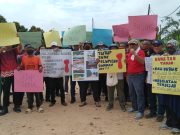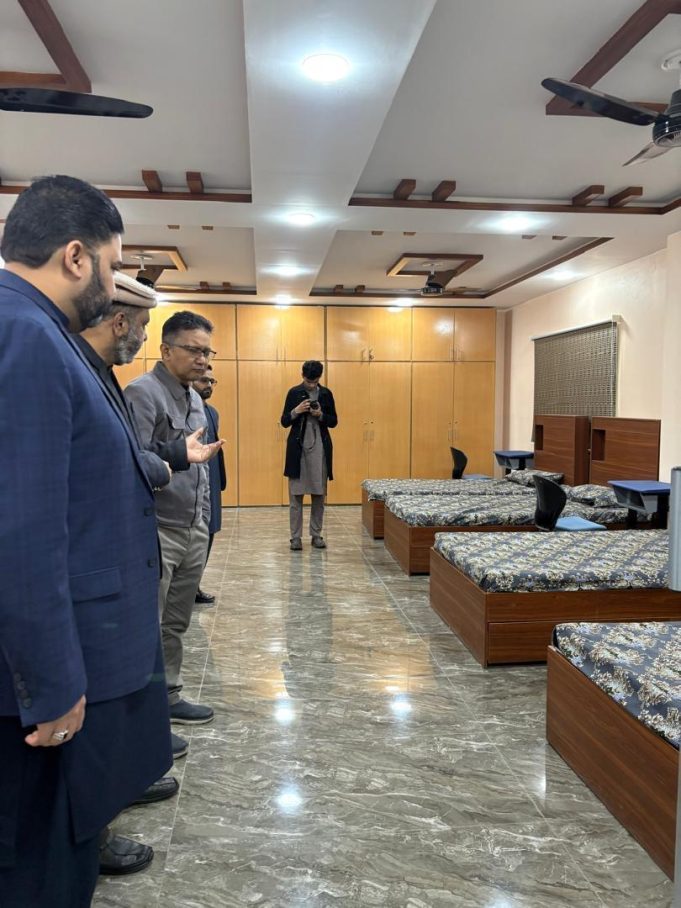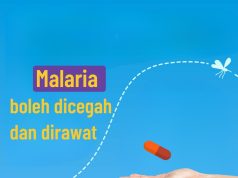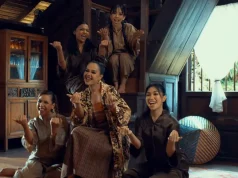During my recent visit to Aghosh Orphan Care Home, a subsidiary institution of Minhaj-ul-Quran International, in Lahore, with an official of Minhaj-ul-Quran International Malaysia, Mr Ali Raza, I witnessed firsthand the transformative impact of this remarkable institution. More than just a shelter for orphaned and underprivileged children, Aghosh stands as a beacon of hope, nurturing and empowering young lives through a holistic approach to care and education.
A Vision Rooted in Compassion and Responsibility
Aghosh Orphan Care Home was founded in 2005, following the devastating earthquake that left thousands of children orphaned in Pakistan. Dr. Muhammad Tahir-ul-Qadri, the esteemed founder, envisioned a place where orphaned children would not only receive shelter and education but also grow in a nurturing environment that fosters confidence, dignity, and self-sufficiency.
Initially, the project started as a modest orphanage, but over the years, it has grown into a multi-faceted complex, incorporating world-class facilities and expanding its reach to different cities in Pakistan.
Today, under the stewardship of Professor Dr. Hussain Mohi-ud-Din Qadri, the President of Minhaj-ul-Quran International and Chairman of Aghosh Complex, Aghosh has developed into a comprehensive ecosystem for child development, supporting children from early childhood to higher education and ensuring their well-being at every stage of their journey.
A Comprehensive Ecosystem for Child Development
Aghosh Orphan Care Home takes a holistic approach to child welfare, ensuring that every child’s needs—physical, emotional, educational, and psychological—are met. The home provides:
(1) Quality Education: From playgroup to postgraduate levels, children are given access to formal schooling, vocational training and professional coaching. Minhaj University Lahore, besides other universities, serves as a higher education pathway for eligible students.
(2) Safe and Comfortable Accommodation: Aghosh maintains state-of-the-art residential facilities that promote a family-like environment.
(3) Nutritious Meals & Healthcare: A well-balanced diet, medical care, dispensaries and hospitalization support ensure the children’s well-being.
(4) Psychological and Emotional Support: Dedicated counselors and caretakers work to heal emotional wounds and instill self-confidence in the children.
(5) Recreational & Sporting Activities: Playgrounds, outdoor sports, excursions and cultural activities are integrated into daily life.
(6) Career Planning & Technical Education: To ensure long-term independence, Aghosh provides vocational training, career counseling, and job placement programs.
(7) Lifelong Support: Aghosh ensures that its students are placed in secure jobs after completing their education. When they get married, Aghosh organizes their weddings, ensuring they start their new journey with dignity. If any of them face hardships such as divorce or financial instability, Aghosh extends its support to reintegrate them back into a secure environment, proving its lifelong commitment to their well-being.
Campuses Across Pakistan
Aghosh Orphan Care Home has expanded its reach across Pakistan, with various campuses providing specialized care and education:
(1) Lahore: 260 Boys & Girls (Boarding)
(2) Karachi: 50 Boys (Boarding)
(3) Sialkot: 160 Boys & Girls (Day Scholars)
(4) Jhelum: 10 Boys (Boarding)
(5) Aghosh Village: 2000 Boys & Girls
A Family-Like Atmosphere: The Mother’s Area
One of the most remarkable aspects of Aghosh is the Mother’s Area, where children aged 3 to 10 live in a homely environment. Features include:
(1) A Special Place: A unique space for younger children aged 3 to 10.
(2) Dedicated Mothers: Each mother is assigned a group of 8 children, providing personal care and guidance.
(3) A Home Within a Home: Children reside in comfortable 3-bedroom flats, creating a family-like setting.
(4) Nurturing Bonds: The mothers care for these children as their own, forming strong, lifelong connections.
(5) A Safe Haven: The Mother’s Area offers a warm and loving environment where children thrive.
Leadership and Management: A Multi-Departmental Approach
The success and efficiency of Aghosh Orphan Care Home owe much to the strategic supervision and leadership of Col. Mubashir Iqbal (R), Director of Aghosh Complex. Under his guidance, Aghosh operates a comprehensive support system divided into four key departments, each catering to specific aspects of child development:
(1) Aghosh Orphan Care Home – Provides residential, emotional and psychological support for orphaned children, ensuring a secure and family-like environment.
(2) Aghosh Grammar Higher Secondary School (Boys & Girls) – Delivers high-quality education from primary to secondary levels, ensuring that children receive academic excellence and skill development.
(3) Minhaj Institute of Qir’at & Tahfeez ul Quran – Focuses on Islamic education and Quranic memorization, fostering a spiritual and moral foundation for the children.
(4) Aghosh Academy (Science & Arts) – Provides higher education and professional skill development, ensuring that children are equipped with the knowledge and competencies needed for self-sufficiency.
Under Col. Mubashir Iqbal’s meticulous oversight, these departments work seamlessly to provide a structured yet nurturing environment where children receive holistic development in education, health, emotional well-being and career planning.
Phases of Development: From Shelter to a World-Class Complex
The journey of Aghosh Orphan Care Home can be divided into distinct phases of development:
(1) 2005 – Foundation & Early Shelter Initiatives: Established as an emergency response to the 2005 earthquake, providing basic shelter and food to orphaned children.
(2) 2008 – Expansion of Educational Services: Introduction of formal schooling programs, leading to the establishment of Aghosh Grammar School and later higher secondary education.
(3) 2015 – Infrastructure & Capacity Enhancement: Development of a purpose-built complex, expanding boarding facilities, classrooms, healthcare centers and vocational training units.
(4) 2020 – Comprehensive Holistic Model: The integration of psychological counseling, career placement programs and state-of-the-art facilities.
(5) 2024 & Beyond – Technological and Future Skills Development: The inauguration of the Future Skill Development Center under Dr. Hussain’s guidance, providing modern IT and vocational training to prepare children for global opportunities.
Aghosh Orphan Care Home thrives due to the trust and confidence individuals and organizations place in the capable leadership of Minhaj-ul-Quran International under Dr. Hussain, who provides overarching support for this home. Through this trust, they actively participate in the sponsorship program, which enables donors to support an orphan for as little as Rs 18,000 ($65) per month, covering essential needs such as education, healthcare, food, and accommodation.
Visiting Aghosh Orphan Care Home reinforced my belief in the power of structured care and education in transforming lives. This institution is more than just a shelter—it is a home, a school, a support system and a stepping stone to a brighter future. Its holistic approach and state-of-the-art facilities serve as a model that should be replicated across the Muslim world, ensuring that no orphan is left behind, unloved or unsupported.
The story of Aghosh Orphan Care Home is truly extraordinary. It is not just a place of refuge—it is a beacon of hope, a sanctuary where shattered lives are rebuilt and dreams once deemed impossible are nurtured into reality. Each child embraced by Aghosh is given more than just shelter; they are given a second chance at life, love and belonging.
As I witnessed the radiant smiles and unwavering confidence of these children—once fragile and vulnerable, now thriving and full of promise—I felt my heart swell with emotion. Tears welled in my eyes, not out of sorrow, but out of overwhelming gratitude for the love and care that has transformed these young souls into hopeful, empowered individuals.
The author, Mrs. Aida Rozita Mokhtar, is the Secretary of the Ummah Empowerment Organization (BERDAYA).

















